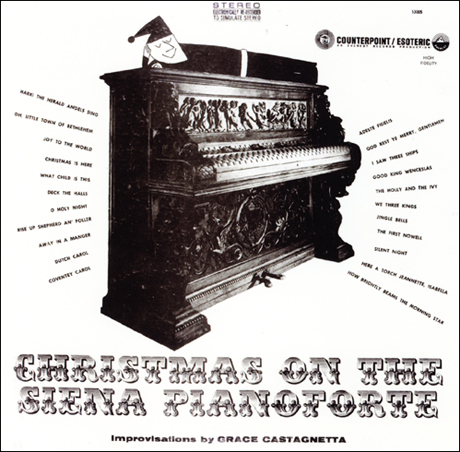The other day, The Chicago Tribune featured a satiric story about the death of Facts.
A sad story, but possibly true.
When I was a teenager, I'd often call the downtown Vancouver Public Library where the staff there would look up facts for me. Although it's hard to believe now, they'd put me on hold and rummage through the appropriate reference books until they found the answers to the questions I'd asked. The librarians always seemed happy, and maybe even a little proud, to be able to help me in this way.
Later in life, a large part of my fascination with the computer revolution hinged on the very real possibility that facts would someday become easily and instantly available without the necessity of those phone calls. The internet tied all the computers together and it soon seemed as though we would presently have access to a worldwide library wherein all truth could be found.
I signed on with more passion and conviction than anyone I knew, and sure enough, the internet eventually became my personal and dependable fact repository. Then a strange thing began happening ...
As the internet began to become *everyone's* personal library and access to facts became ubiquitous, those same facts began to lose their lustre. As they became less rare - they seemed to become less valuable.
And as the internet democratized the collection and storage of facts, institutions formerly trusted to caretake them - The Encyclopaedia Britannica, The New York Times, the Vancouver Public Library for instance - were eroded and undermined. The conflicting agendas of the online masses and the new media they aligned with began to create, re-purpose or spin facts to support whatever opinions they felt required supporting.
For a while there, I thought I was losing my mind. My searches for dependable information became less and less fruitful. Reputable and supposedly trustworthy experts delivered black-and-white opposite versions of what should have been the simple truth. Trying to identify definitive facts became next to impossible for me. I yearned for the nice ladies at the Vancouver Public Library.
If my Dad was still around, he'd be reminding me now that the press and media - and anyone else trusted with the power of information (or simply "the power") - has always lied - twisting or inventing the facts as they pleased for their own purposes. He was right, I know, but this is different.
I didn't become a news junkie until September 11th 2001. Before that I'd check the news in the morning the way our parents quickly scanned the front pages of the morning paper. On that Tuesday morning the news page I frequented was simply a white background with black headlines, saying only that New York City was "under attack".
After 911, I was addicted to unfolding history. I was drunk with the power the internet gave me to parse every molecule of information at the moment it became available. I kept a bottle of Visine beside my computer screen.
Soon, questions arose. A theory was advanced that controlled demolitions had brought down the World Trade Centre buildings. A YouTube clip demonstrated that a 757 couldn't fit into the hole in the Pentagon wall. If these citizen journalists were actually on to something, the ramifications were almost impossible to consider.
The Iraq and Afghanistan wars just added important questions that demanded answers. I waited for those answers to emerge, but the people and institutions now in control of the information simply continued to generate more facts, or statements with the appearance of facts, without ever taking responsibility for their veracity. Fair and balanced now seemed to mean that flat-earth believers still had viable facts to contribute to the news cycle.
While Obama restored my hope, his presidency has since become the focal point of some of the most egregious misuse of the f-word. Ridiculous assertions now stand as fact - unchallenged. Opinion is all that remains.
The Chicago Tribune story, while satirical, contains quotes from Mary Poovey, a professor of English at New York University and author of "A History of the Modern Fact." Both the professor and her book are, in fact, real. She says:
"There was an erosion of any kind of collective sense of what's true or how you would go about verifying any truth claims," Poovey said. "Opinion has become the new truth. And many people who already have opinions see in the 'news' an affirmation of the opinion they already had, and that confirms their opinion as fact."
The world wide web has brought people together in a way that has never before been possible and helped us accumulate a shared treasury of knowledge that's unsurpassed in history, and yet it's become a free-for-all in which the truth is threatened by dogma, superstition and politics.
I mourn the passing of Facts. I'm keeping my fingers crossed for truth and wisdom.



















